🔥 First Order Is Free ( View Details )

13 min read
Published on: May 3, 2023
Last updated on: May 6, 2023
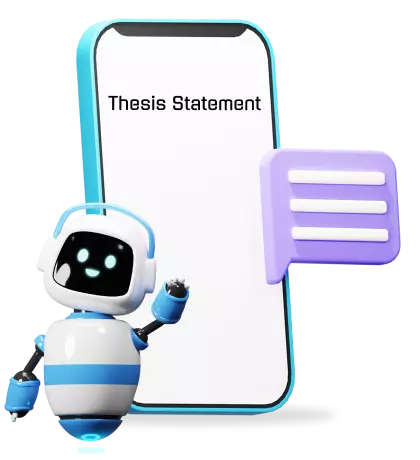
Struggling to write a strong thesis statement? It's a common problem among students and scholars alike.
Without a clear and focused thesis statement, your essay or research paper can quickly become a mess.
But don't let that stop you from achieving academic success! We've created the ultimate guide to writing effective thesis statements. With this comprehensive guide, you'll learn how to craft strong and focused thesis statements that will set you up for success.
So let's dive in!
Let's begin with a thesis statement definition:
“A thesis statement is a clear and concise statement that summarizes the main idea or argument of an essay or research paper.”
A thesis statement is typically found at the end of the essay introduction and is the central idea of the paper.
The importance of a thesis statement cannot be overstated. It sets the tone for the entire paper and helps the writer to stay focused and organized.
A well-written thesis statement can also help the reader to understand the purpose of the paper.
There are different types of thesis statements according to the different types of essays. It's important to understand each one's purpose and characteristics to create an effective thesis statement while writing an essay.
An argumentative thesis statement presents the writer's position on a controversial issue and argues for or against it. It is a clear and assertive statement that provides a roadmap for the rest of the paper.
Here's an example of an argumentative thesis statement:
"Social media has a negative impact on mental health, as evidenced by increased rates of depression and anxiety among frequent users."
An analytical thesis statement presents an analysis of a topic or idea. It breaks it down into its component parts and explores how they relate to each other. It is a statement that guides the reader through the writer's interpretation of the topic.
Here's an example of an analytical thesis statement:
"The use of symbolism in 'The Great Gatsby' by F. Scott Fitzgerald highlights the themes of wealth and corruption, as seen through the characters of Jay Gatsby and Tom Buchanan."
An expository thesis statement presents a neutral and objective explanation of a topic or idea. It does not present an argument or analysis but rather presents information in a clear and concise manner.
Here's an example of an expository thesis statement:
"The history of the English language can be traced back to the 5th century AD, with the migration of Germanic tribes to the British Isles."
By selecting the appropriate type of thesis statement, you can effectively guide the reader through your argument.
A thesis statement is a critical element in academic writing that summarizes the writer's position or argument on a particular topic.
A well-crafted thesis statement has four essential components that guide the rest of the paper:
They are explained as follows;
The topic is the general subject matter that the writer is addressing in the paper. It provides the reader with a sense of what the paper is about.
Here's an example of a topic in a thesis statement:
"Climate change"
The claim is the writer's position or argument on the topic. It is a clear and concise statement that presents the main point of the paper.
Here's an example of a claim in a thesis statement:
"Climate change is a global crisis that requires immediate action to mitigate its impact on the planet."
Evidence refers to the supporting details and facts that the writer uses to support their claim. It provides the reader with concrete examples to support the writer's position.
Here's an example of evidence in a thesis statement:
"Rising global temperatures, melting ice caps, and sea-level rise are all indications of the destructive impact of climate change."
A counterargument is an opposing viewpoint that the writer acknowledges and addresses in the paper. It provides a balanced and objective perspective and demonstrates the writer's critical thinking skills.
Here's an example of a counterargument in a thesis statement:
"While some argue that climate change is a natural phenomenon, scientific evidence overwhelmingly supports the human contribution to this crisis."
Putting it all together, here's an example of a complete thesis statement with all four components:
"Although some argue that video games promote violence, the overwhelming evidence suggests that they do not. With proper regulation and responsible use, video games can provide numerous benefits, including improved cognitive function, stress relief, and social connections."
Writing a strong thesis statement requires careful thought and preparation. Here are the essential steps in crafting an effective thesis statement:
Brainstorming and Research
Begin by identifying the essay topic you want to write about and conducting research to gather relevant information.
Make notes of the key ideas and arguments that you come across in your research. This will help you identify potential directions for your thesis statement.
Formulating a Claim
Next, take a stance on the topic by formulating a claim that you will argue for in your paper. Your claim should be concise, clear, and specific. It should reflect your overall argument and guide the direction of your paper.
Check out this video to learn more!
Incorporating Evidence
Once you have a clear claim, you'll need to gather evidence to support it. Look for examples, facts, statistics, and other forms of evidence that relate to your claim.
Be sure to evaluate the credibility of your sources and select those that are reliable and relevant to your argument.
Refining the Thesis Statement
With your claim and evidence in mind, it's time to refine your thesis statement. Make sure that it is focused and specific, and that it accurately reflects the main argument of your paper.
Consider the audience for your paper and ensure that your thesis statement is tailored to their level of knowledge.
Here's an example of how these steps can be applied in practice:
1. Brainstorming and Research
Conduct research on the topic and take notes on key ideas and arguments.
Identify potential directions for the thesis statement.
2. Formulating a Claim
Take a stance on the topic by formulating a claim. For example "The overuse of social media is linked to negative effects on mental health."
3. Incorporating Evidence
Gather evidence to support the claim, such as studies and reports on the effects of social media on mental health.
Refining the Thesis Statement
Refine the thesis statement to make it more specific:
"The overuse of social media, as evidenced by studies linking excessive social media use to increased anxiety and depression, is linked to negative effects on mental health."
Are all these steps overwhelming? Use this AI powered tool to generate a powerful thesis statement in seconds!
When writing a thesis statement, it's important to avoid common mistakes that can weaken your argument.
Here are some key mistakes to watch out for:
Being too broad or too narrow: Avoid making your thesis statement too broad or too narrow. A broad statement is too general to be meaningful, while a narrow statement may not provide enough direction for your paper.
Being too vague or general: A vague or general thesis statement can leave readers confused about the purpose of your paper. Be specific and concise when crafting your thesis statement.
Failing to make a clear and specific claim: Your thesis statement should make a clear and specific claim. Avoid making a statement that is too general or that can be interpreted in multiple ways.
Failing to provide supporting evidence: A thesis statement without supporting evidence is weak and unconvincing. Make sure to incorporate evidence that supports your claim and strengthens your argument.
Here are some examples of strong thesis statements:
Argumentative thesis statement examples:
The government should increase funding for public schools in order to improve the quality of education and decrease inequality.
The legalization of marijuana would have a positive impact on the economy and reduce the number of people in prison for nonviolent drug offenses.
Analytical thesis statement examples:
The use of symbolism in "The Great Gatsby" reveals the corrupt nature of the American Dream.
The portrayal of mental illness in "The Bell Jar" by Sylvia Plath highlights the societal pressures faced by women in the 1950s.
Expository thesis statement examples:
The process of photosynthesis is essential for plant growth and the production of oxygen in the atmosphere.
The history of the internet has revolutionized the way we communicate and access information.
Thesis statement on social media:
While social media has the potential to connect people across the world, its overuse can have negative impacts on mental health and social relationships.
These thesis statements are clear, and specific, and provide a strong argument or analysis of the topic at hand.
Expert Tip
Discover a rich collection of thesis statement examples - ignite your writing with boundless inspiration!
In conclusion, a well-crafted thesis statement is a crucial element of any successful essay. It guides your writing and provides a clear and specific claim that you will argue for throughout your paper.
We’ve provided you with all the information you need to create a perfect thesis statement and now you can easily write an impactful statement yourself. However, if you are running out of time to create an essay, you can use the help of our essay maker. It is easy to use and helpful. So, give it a try today!

WRITTEN BY
Cathy A. (Mass Communication, Education)
Cathy is a highly dedicated author who has been writing for the platform for over five years. With a Master's degree in Mass Communication, she is well-versed in various forms of writing such as articles, press releases, blog posts, and whitepapers. As an essay writing guide author at PerfectEssayWriter.ai, she has been helping students and professionals improve their writing skills by offering practical tips on research, citation, sentence structure, and style.
Cathy is a highly dedicated author who has been writing for the platform for over five years. With a Master's degree in Mass Communication, she is well-versed in various forms of writing such as articles, press releases, blog posts, and whitepapers. As an essay writing guide author at PerfectEssayWriter.ai, she has been helping students and professionals improve their writing skills by offering practical tips on research, citation, sentence structure, and style.
On This Page On This Page
Share this article
Essay Structure
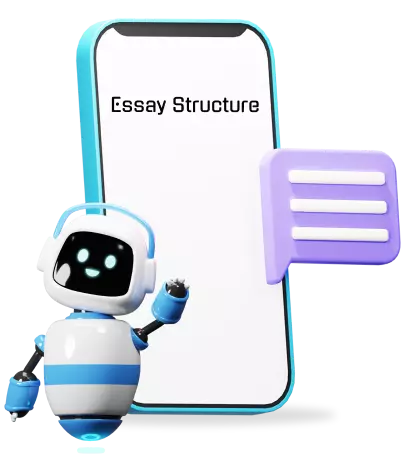
Essay Topics

Essay Outline
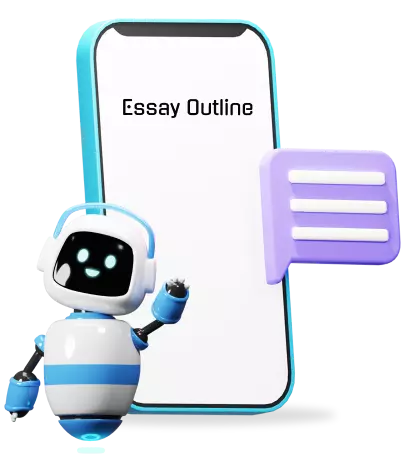
Essay Introduction
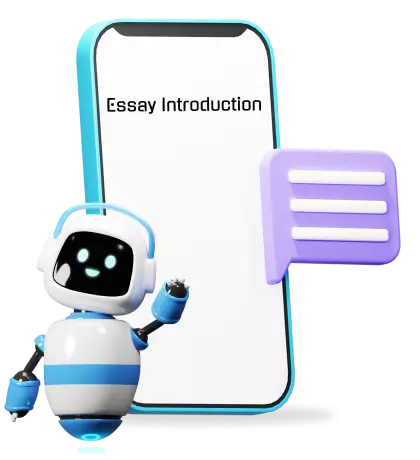
Thesis Statement Example
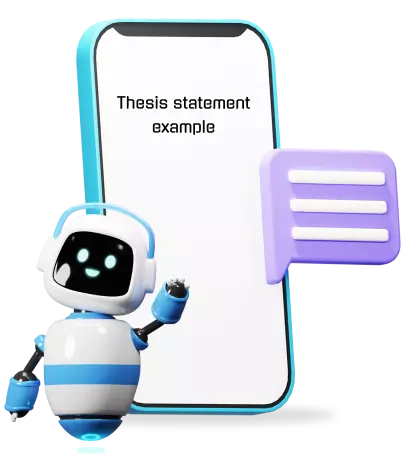
How To Write A Body Paragraph

How To Conclude An Essay

How to Revise an Essay
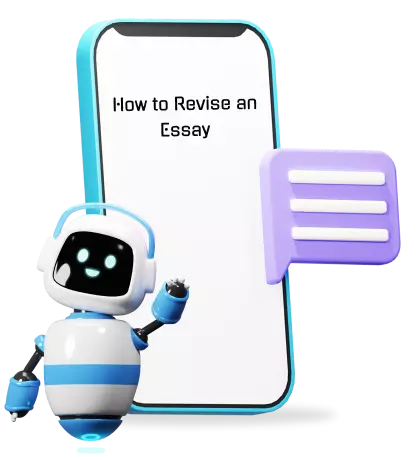
Essay Examples
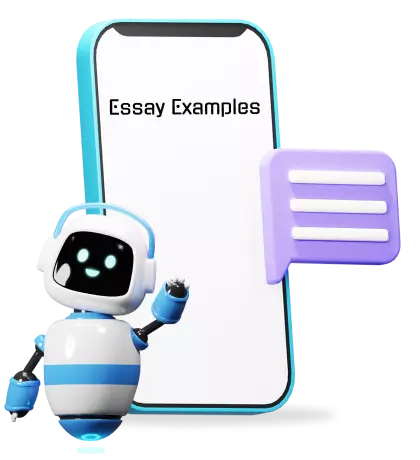
Types of essays
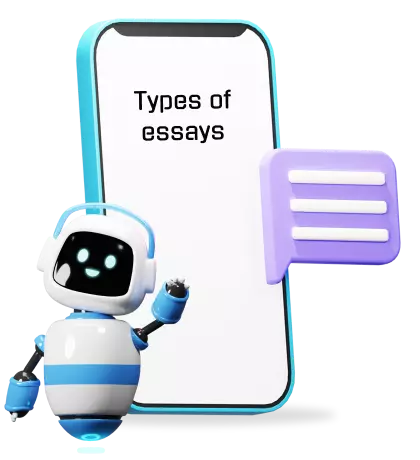
How Long is an Essay

Essay Checklist
